
Kuwait City: The Jewel of the Arabian Gulf
Kuwait City, the capital of Kuwait, is a dynamic blend of old-world charm and modern sophistication. As you wander its streets, you'll be captivated by the towering skyscrapers that stand in contrast to the traditional souks and historic landmarks. The city is home to the iconic Kuwait Towers, a symbol of the nation's progress and a must-visit for panoramic views of the city and the Arabian Gulf. Explore the rich cultural heritage at the Kuwait National Museum and the Tareq Rajab Museum, where you can delve into the history and art of the region. For a taste of authentic Kuwaiti life, visit the Souq Al-Mubarakiya, one of the oldest markets in the city, where you can shop for spices, textiles, and traditional crafts. Kuwait City's culinary scene is a delightful fusion of flavors, offering everything from local delicacies to international cuisine. Stroll along the Corniche, a scenic waterfront promenade, and enjoy the stunning views of the Gulf while savoring a cup of Arabic coffee. Whether you're a history buff, a foodie, or a shopping enthusiast, Kuwait City offers a unique and unforgettable experience for every traveler.
Local tips in Kuwait City
- Visit the Kuwait Towers early in the morning to avoid crowds and enjoy the best views.
- Dress modestly to respect local customs, especially when visiting religious sites.
- Taxis are the most convenient way to get around, but make sure to agree on a fare before starting your journey.
- The best time to visit is during the cooler months from November to March.
- Try the local dish, Machboos, a fragrant rice dish served with meat or fish.
Neighbourhoods in Kuwait City
Kuwait City: The Jewel of the Arabian Gulf
Kuwait City, the capital of Kuwait, is a dynamic blend of old-world charm and modern sophistication. As you wander its streets, you'll be captivated by the towering skyscrapers that stand in contrast to the traditional souks and historic landmarks. The city is home to the iconic Kuwait Towers, a symbol of the nation's progress and a must-visit for panoramic views of the city and the Arabian Gulf. Explore the rich cultural heritage at the Kuwait National Museum and the Tareq Rajab Museum, where you can delve into the history and art of the region. For a taste of authentic Kuwaiti life, visit the Souq Al-Mubarakiya, one of the oldest markets in the city, where you can shop for spices, textiles, and traditional crafts. Kuwait City's culinary scene is a delightful fusion of flavors, offering everything from local delicacies to international cuisine. Stroll along the Corniche, a scenic waterfront promenade, and enjoy the stunning views of the Gulf while savoring a cup of Arabic coffee. Whether you're a history buff, a foodie, or a shopping enthusiast, Kuwait City offers a unique and unforgettable experience for every traveler.
When is the best time to go to Kuwait City?
Iconic landmarks you can’t miss
Al Mubarakiya
Explore Al Mubarakiya, Kuwait's historic market, where vibrant culture, delicious Middle Eastern cuisine, and unique shopping await every traveler.
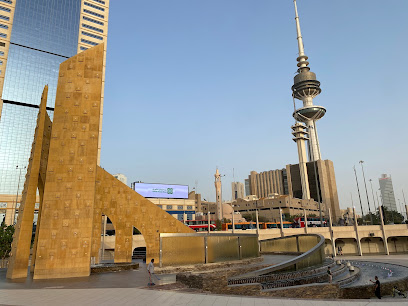
Kuwait Towers
Explore the iconic Kuwait Towers - a blend of modern architecture and rich cultural heritage, offering stunning views and unforgettable experiences.
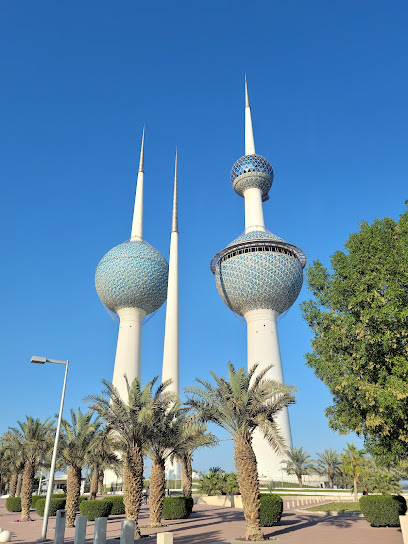
Al Shaheed Park
Discover the serene beauty and cultural richness of Al Shaheed Park in Kuwait City, a perfect blend of nature and history.
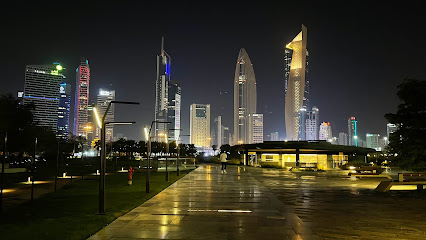
Mubarakiya Old Market
Explore Mubarakiya Old Market, a historical landmark in Kuwait City, where culture, cuisine, and shopping come together in a vibrant atmosphere.
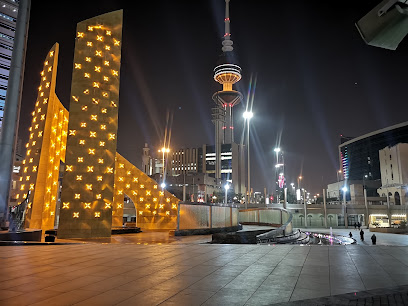
Liberation Tower
Explore the iconic Liberation Tower, a symbol of Kuwait's freedom, offering stunning views and rich historical insights for an unforgettable visit.
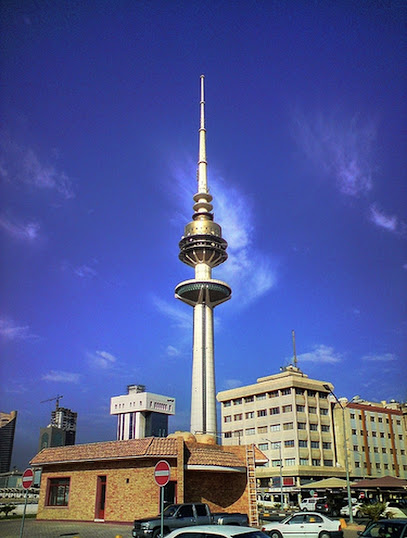
Grand Mosque of Kuwait
Explore the Grand Mosque of Kuwait, an architectural masterpiece and cultural gem that captivates visitors with its stunning beauty and serene atmosphere.
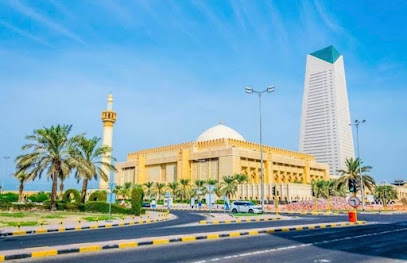
Green Island
Explore Green Island, a serene tourist attraction in Kuwait City, featuring beautiful gardens, sandy beaches, and recreational activities for all ages.
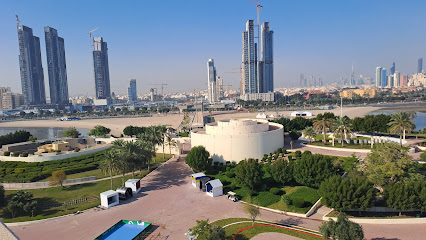
Al Shaheed Park - Second Phase
Discover Al Shaheed Park - Second Phase: A tranquil community garden in Kuwait City, rich in history and culture, perfect for relaxation and exploration.
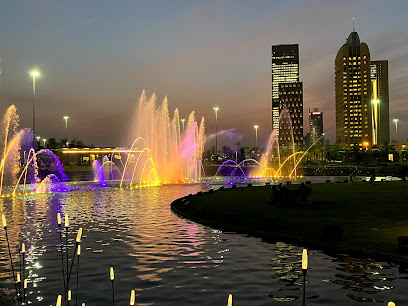
Safat Square
Explore Safat Square, a historical landmark in Kuwait City, where culture, shopping, and dining come together in a vibrant atmosphere.
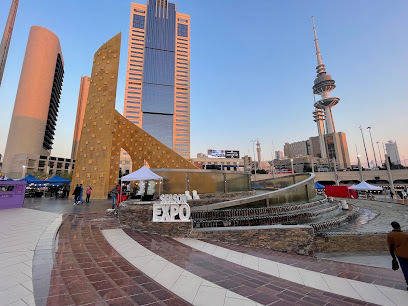
Al Bahhar Entertainment Historical Village
Discover the rich cultural heritage of Kuwait at Al Bahhar Entertainment Historical Village, where history meets entertainment in a vibrant atmosphere.
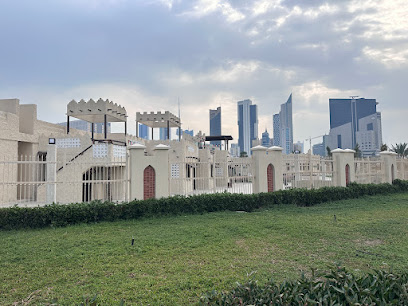
Bayan Palace
Explore the stunning Bayan Palace in Kuwait, a blend of political significance and architectural beauty surrounded by serene gardens.
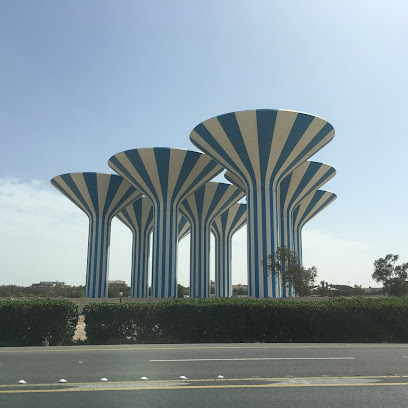
Crystal Tower
Discover the architectural marvel of Crystal Tower, a modern business center in Kuwait City that embodies elegance and urban sophistication.
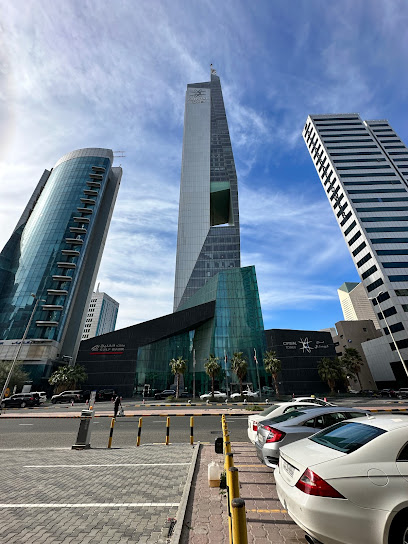
Kuwait National Museum
Explore the rich tapestry of Kuwaiti history at the Kuwait National Museum, a cultural gem showcasing artifacts and art that celebrate national heritage.
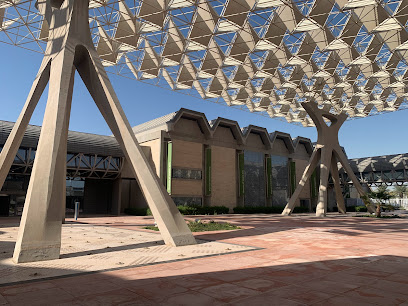
Souq AlMubarakiya
Experience the rich culture and vibrant atmosphere at Souq AlMubarakiya, Kuwait's historic market filled with treasures and local flavors.
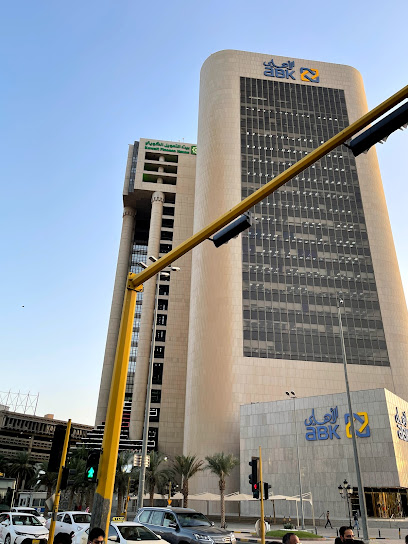
Al Shamlan Mosque
Discover the serene beauty and rich heritage of Al Shamlan Mosque, a captivating landmark in Kuwait City, perfect for cultural exploration and spiritual reflection.
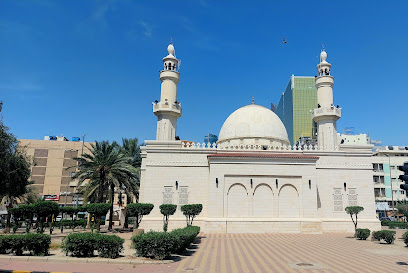
Unmissable attractions to see
Kuwait Towers
Explore the iconic Kuwait Towers, a blend of modern architecture and rich history, offering stunning views of Kuwait City's skyline and the Arabian Gulf.
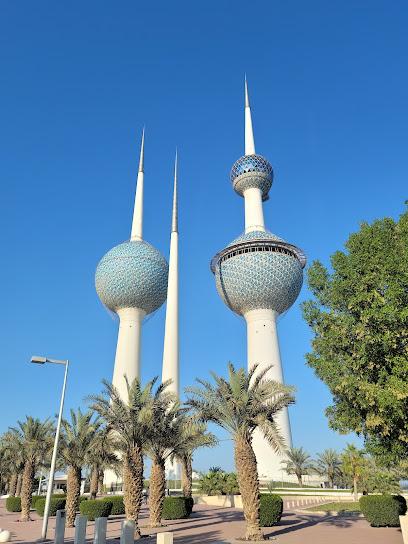
Al Shaheed Park
Explore Al Shaheed Park: A Cultural Oasis in Kuwait City with Lush Gardens, Museums, and Scenic Paths for Memorable Experiences.
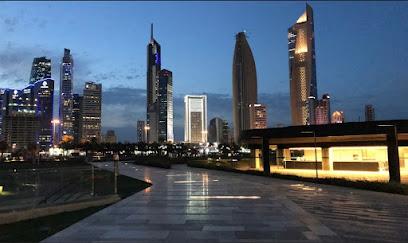
Kuwaiti Fresh Fish Market
Experience the essence of Kuwait's culinary tradition at the bustling Kuwaiti Fresh Fish Market, a vibrant seafood haven along the Arabian Gulf.
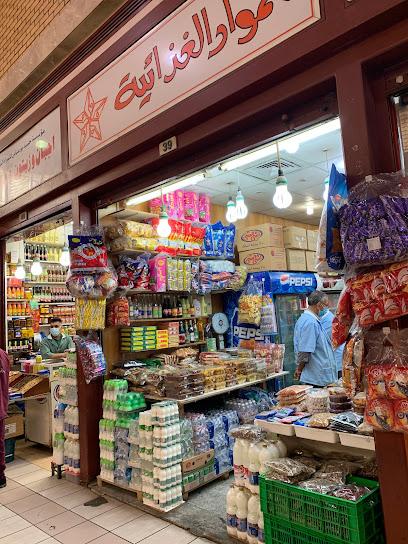
The Scientific Center
Explore marine wonders and scientific marvels at The Scientific Center in Salmiya, a family-friendly attraction packed with interactive exhibits and an IMAX theater.
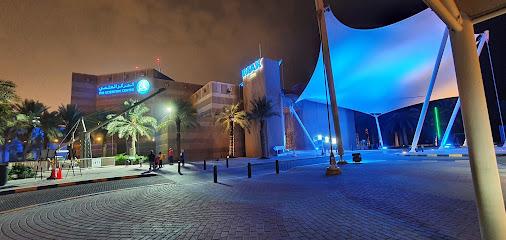
Sheikh Jaber Al-Ahmad Cultural Centre
Explore the Sheikh Jaber Al-Ahmad Cultural Centre, a key cultural attraction in Kuwait City, showcasing art, performances, and stunning architecture.
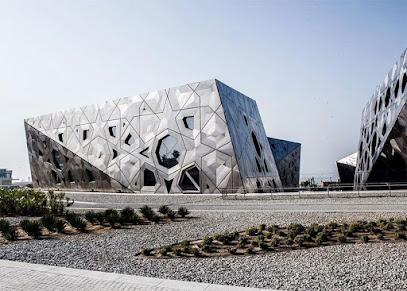
Liberation Tower
Discover the breathtaking views and rich history at Liberation Tower, a symbol of resilience in the heart of Kuwait City.
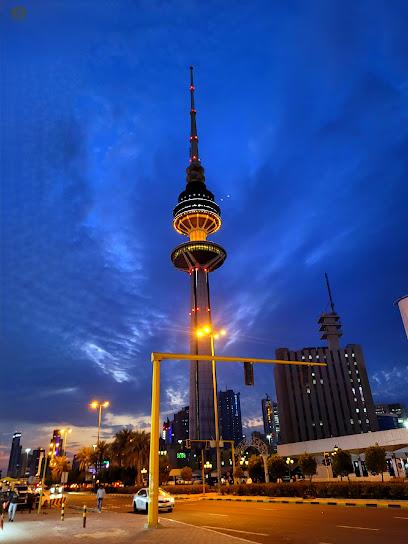
Grand Mosque of Kuwait
Discover the architectural marvel of the Grand Mosque of Kuwait, an iconic symbol of spirituality and cultural heritage in the heart of Kuwait City.
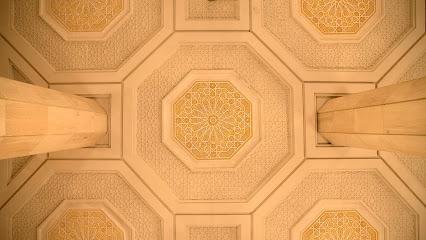
Holy Family Cathedral
Discover the spiritual heart of Kuwait City at Holy Family Cathedral, a stunning Catholic landmark reflecting rich cultural heritage and serene beauty.
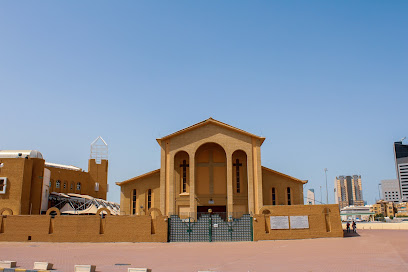
Bait Al Othman Museum
Explore Kuwait's rich cultural heritage at Bait Al Othman Museum, where history comes alive through captivating exhibits and artifacts.
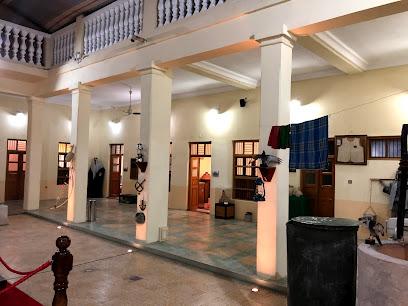
Al-Qurain Martyrs Museum
Discover the history of courage and sacrifice at Al-Qurain Martyrs Museum - a poignant tribute to the heroes of the Gulf War in Kuwait.
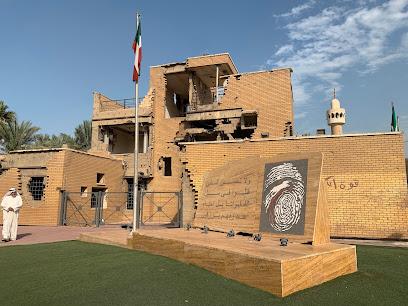
Kuwait National Museum
Explore the rich history and culture of Kuwait at the National Museum, a premier attraction located in the heart of Kuwait City.
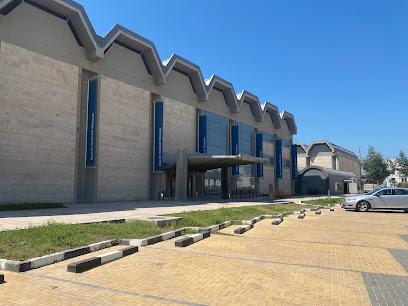
KOC Ahmed Al Jaber Oil & Gas Exhibition
Discover Kuwait's oil heritage at the KOC Ahmed Al Jaber Oil & Gas Exhibition - an insightful journey through the heart of the energy industry.
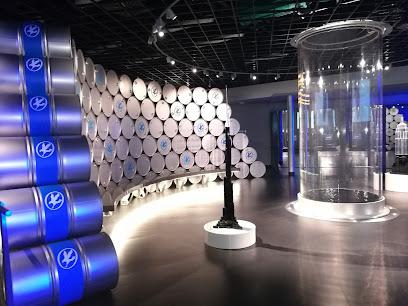
Al Shamlan Mosque
Explore Al Shamlan Mosque in Kuwait City, a stunning example of Islamic architecture and a serene cultural experience for every traveler.
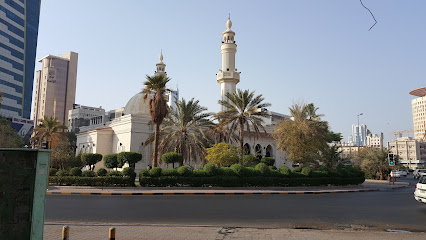
The Americani Cultural Centre - Dar al-Athar al-Islamiyah
Explore a treasure trove of Islamic art and culture at The Americani Cultural Centre, a must-visit for every traveler in Kuwait City.
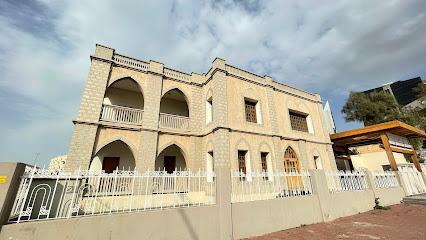
Failaka Island
Explore Failaka Island, a historical treasure in Kuwait offering stunning beaches, rich culture, and unforgettable adventures in the Arabian Gulf.
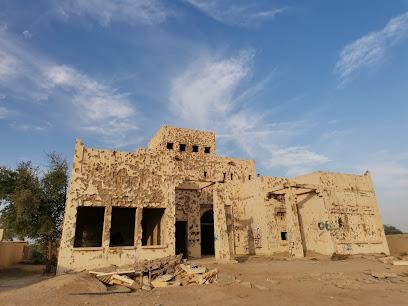
Essential places to dine
Mais Alghanim
Discover authentic Lebanese flavors at Mais Alghanim in Kuwait City - where every dish tells a story.
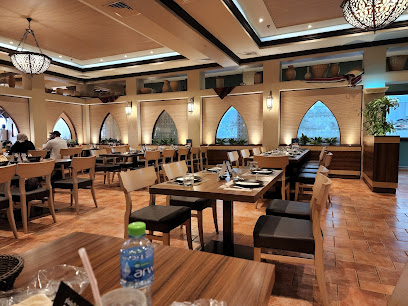
Freej Swaeleh - Mubarakiya
Savor the essence of Middle Eastern cuisine at Freej Swaeleh - Mubarakiya in Kuwait City, where every dish tells a story.
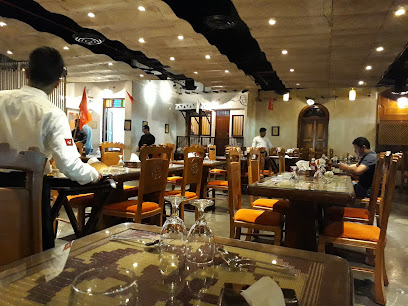
Asha's
Experience authentic Indian cuisine at Asha's by the Arabian Gulf – where tradition meets modern culinary artistry.
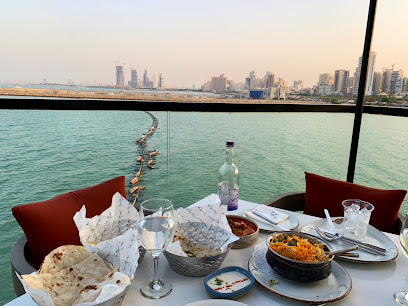
Slider Station
Discover Slider Station in Kuwait City: A premier destination for gourmet burgers and innovative tapas-style dining experiences.
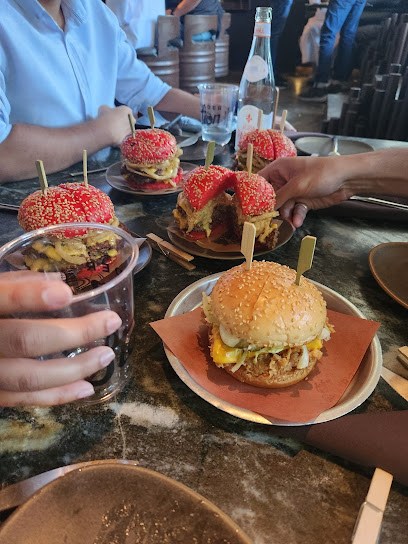
Mughal Mahal Sharq
Discover the authentic taste of India at Mughal Mahal Sharq - where every dish tells a story!
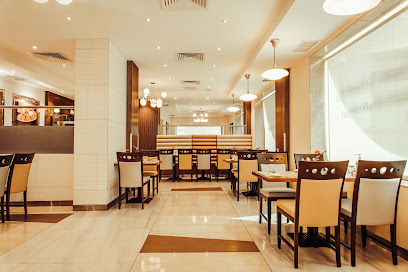
Cocoa Room
Experience the best breakfast in Kuwait City at Cocoa Room - where every dish tells a story of flavor and creativity.
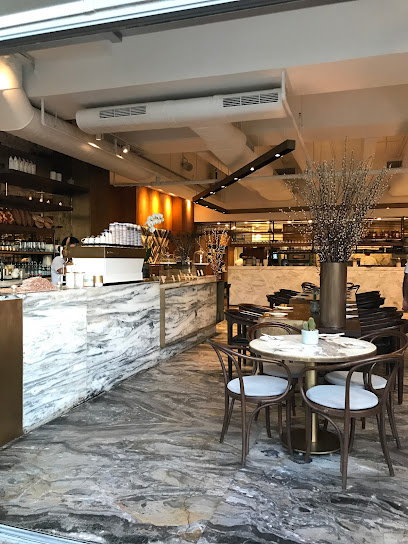
Udupi Pure Veg Restaurant
Experience the vibrant tastes of India at Udupi Pure Veg Restaurant in Kuwait City – where every bite tells a story.
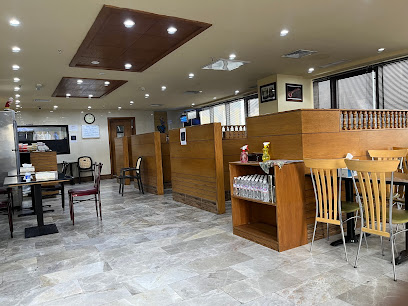
White Robata
Experience the best of Asian Fusion cuisine at White Robata in Kuwait City - where culinary tradition meets modern sophistication.
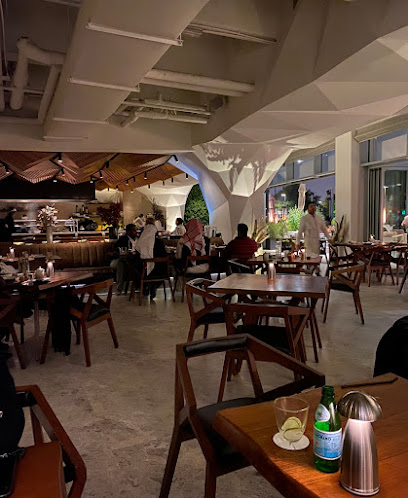
Burger Boutique
Discover gourmet burgers at Burger Boutique in Kuwait City - where culinary creativity meets premium ingredients.
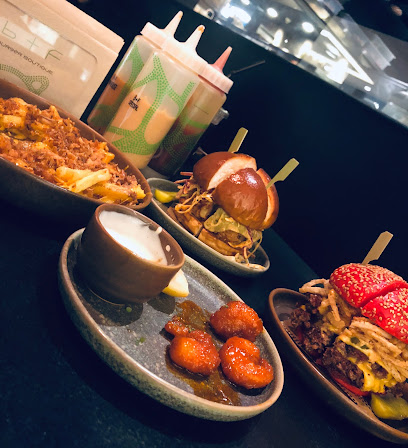
Lahore Shahi Qila Restaurant
Experience authentic Pakistani flavors at Lahore Shahi Qila Restaurant in Kuwait City, where tradition meets culinary excellence.
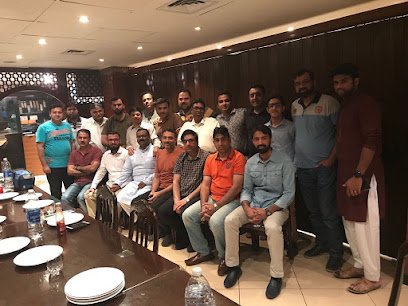
The Breakfast Club
Experience delightful breakfasts and exquisite brunches at The Breakfast Club in Kuwait City - where every meal is crafted with passion.
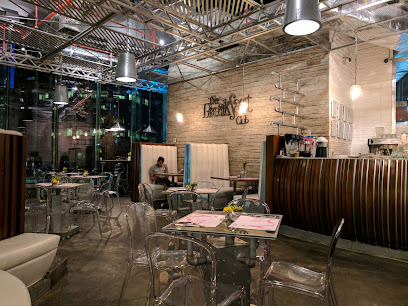
ORA Japanese Tapas
Discover exquisite Japanese tapas in Kuwait City at ORA - where tradition meets innovation in every dish.
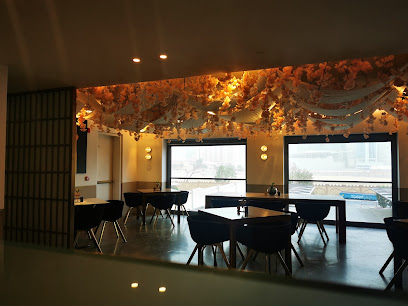
Upper Street
Discover exceptional dining at Upper Street in Kuwait City - where local flavors meet international culinary excellence.
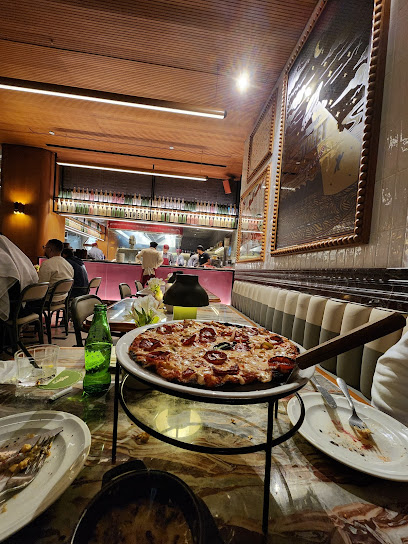
Dawat Restaurant
Savor the authentic flavors of North Indian cuisine at Dawat Restaurant in Kuwait City - an unmissable culinary gem!
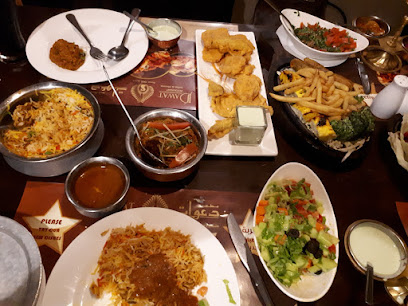
Little Ruby's
Experience the best of Italian and New American cuisine at Little Ruby's in Kuwait City - a culinary journey worth savoring.
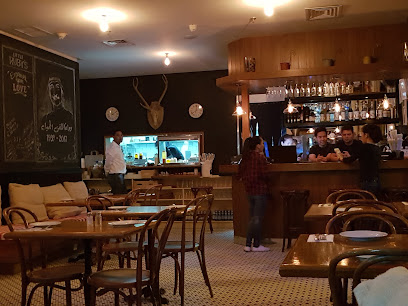
Markets, malls and hidden boutiques
Souk Sharq
Discover Souk Sharq, Kuwait's premier shopping mall, merging tradition with modernity for an unforgettable shopping experience.
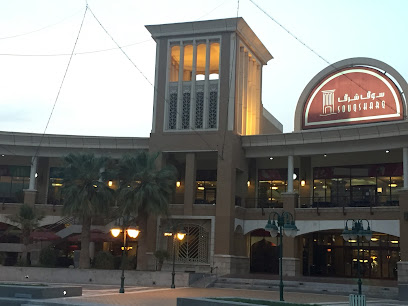
Souk Al Watiya
Discover the vibrant shopping experience at Souk Al Watiya in Kuwait City, where tradition meets modern retail in a bustling atmosphere.
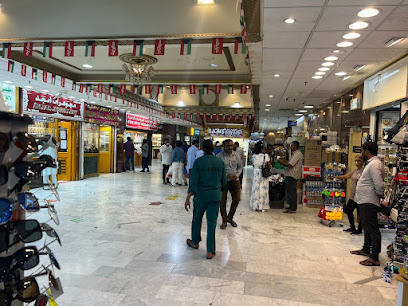
Souq Al Kuwait
Discover Souq Al Kuwait, a vibrant shopping destination offering a mix of local culture, international brands, and delicious cuisine in the heart of Kuwait City.
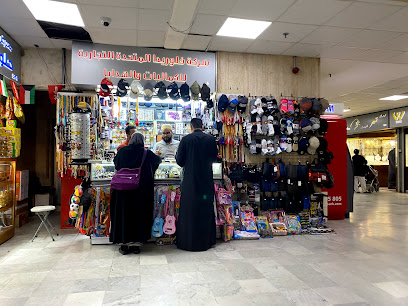
Souk al wataniya
Experience the charm of Kuwait at Souk al Wataniya, a vibrant shopping mall offering a blend of local culture and international brands.
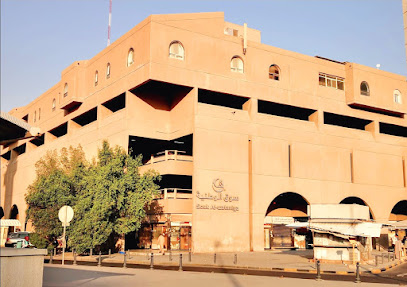
DALLAT AL-BARAKA (دلة البركه للعطور)
Discover the essence of Kuwait at Dallat Al-Baraka, where traditional Arabic perfumes are crafted to perfection for an unforgettable experience.
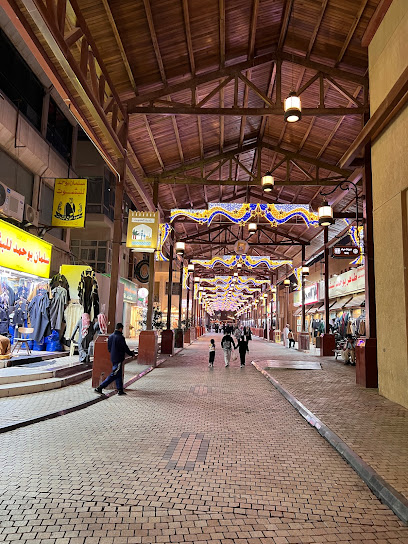
Smack Touch | Hijab and Sleeves in Kuwait
Explore Smack Touch in Kuwait City for exquisite hijabs and stylish sleeves that blend tradition with modern fashion.
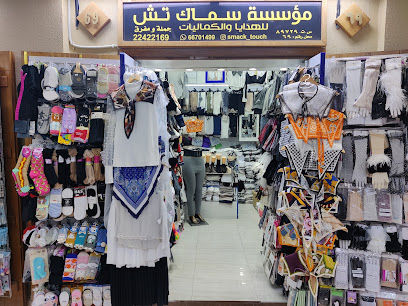
Kuwait city
Discover the allure of Kuwait City's jewelry stores, where tradition meets modern elegance in a dazzling shopping experience.
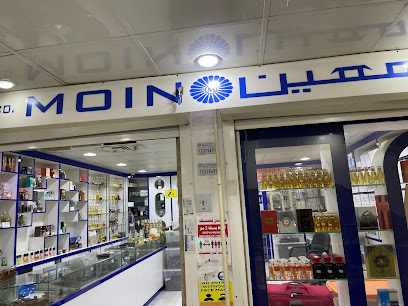
Bleems
Discover Bleems, a vibrant e-commerce service in Kuwait City offering confectionery, flowers, gifts, and perfumes for unforgettable memories.

Samar Al Kuwait Co.W.L.L
Explore the enchanting world of fragrances at Samar Al Kuwait Co.W.L.L, a premier perfume destination in the heart of Kuwait City.

Crocs Store
Discover stylish comfort at the Crocs Store in Kuwait City - a must-visit for trendy footwear lovers looking for quality and style.
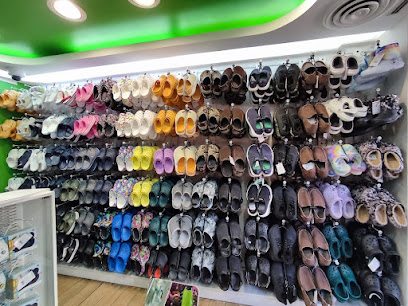
GRAIN Boutique
Shop at GRAIN Boutique in Kuwait City for exceptional women's fashion, blending elegance and style in a contemporary setting.
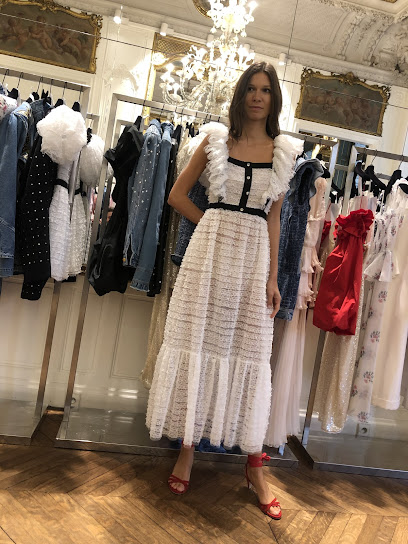
أجراس العالمية الهدايا و الكماليات، العطورات، مبخرajras
Explore أجراس العالمية, Kuwait City's premier gift shop offering unique souvenirs, exquisite perfumes, and a taste of local culture.
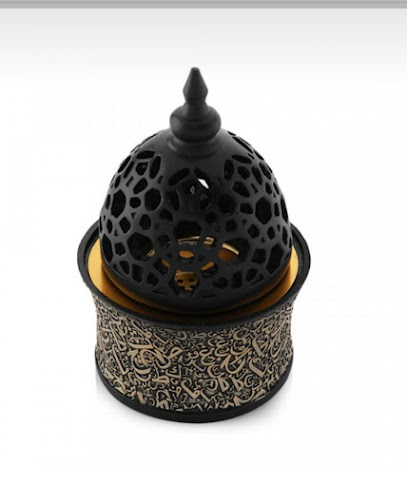
Lifestyle
Discover a shopping haven at Lifestyle in Kuwait City, offering beauty, fashion, and home goods that reflect modern Kuwaiti culture.

Forever Living Products - Kuwait
Discover natural health and beauty in Kuwait City at Forever Living Products, your destination for premium wellness solutions.
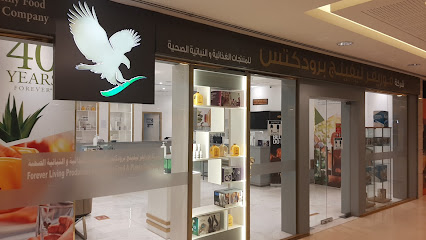
Armani/Casa Kuwait City
Discover sophistication at Armani/Casa Kuwait City, where luxury home décor meets modern elegance in a stunning boutique setting.

Essential bars & hidden hideouts
LIVUP ROOFTOP
Discover a chic rooftop dining experience at LIVUP in Kuwait City, where stunning views and delicious drinks create unforgettable moments.
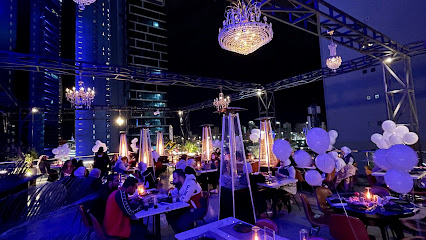
Uptown Lounge
Uptown Lounge in Kuwait City offers a unique blend of local and international cuisine in a stylish, welcoming environment perfect for all occasions.
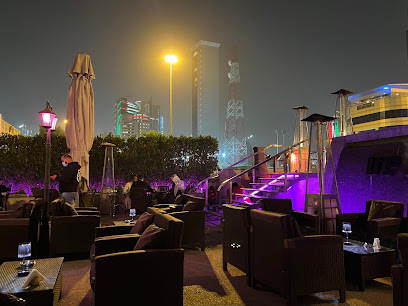
The Roof
Experience exquisite dining with stunning views at The Roof in Bnied Al-Gar - a culinary gem that promises to delight your taste buds.
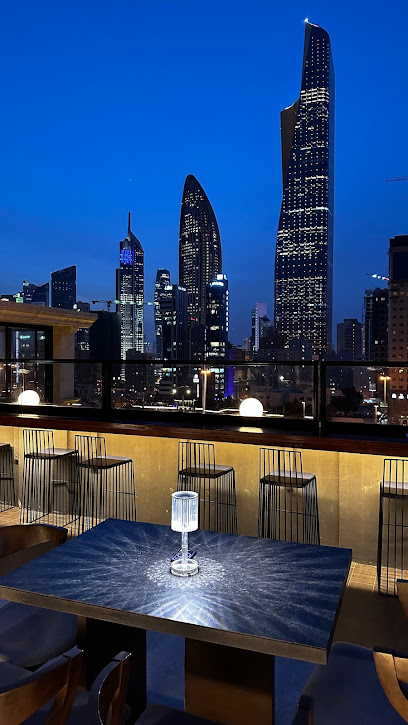
Cevapi Restaurant
Experience the rich flavors of traditional Balkan cuisine at Cevapi Restaurant in Kuwait City, where every dish tells a delicious story.
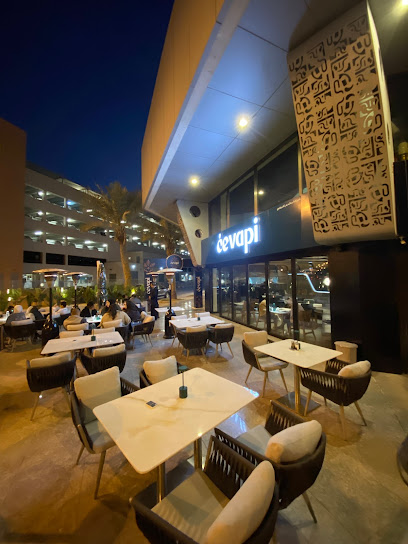
Gio lounge
Discover the vibrant culinary experience at Gio Lounge in Kuwait City, where exquisite flavors meet a stylish atmosphere.
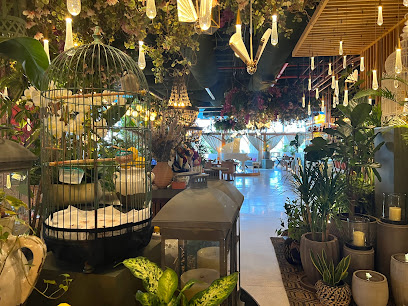
No.21
Discover No.21, Kuwait City's premier lounge, offering luxury, exceptional service, and a vibrant atmosphere for relaxation and socializing.
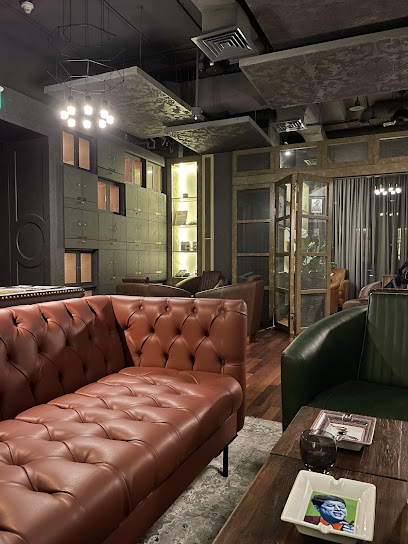
12.22 Lounge
Experience the chic and vibrant atmosphere at 12.22 Lounge, Kuwait City’s ultimate destination for relaxation and socializing.
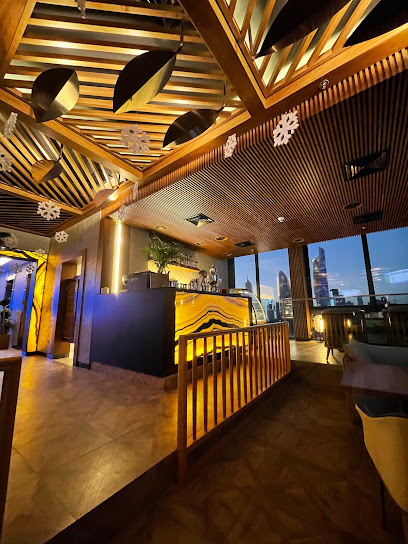
Genki Bar And Pub
Experience the vibrant nightlife at Genki Bar And Pub in Kuwait City, where great drinks and a lively atmosphere await every visitor.
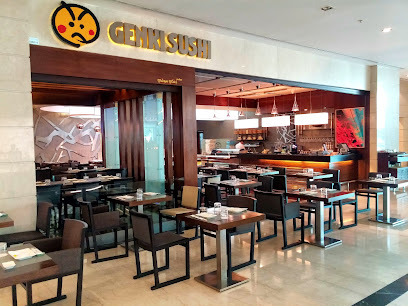
Grill Bar
Discover the culinary delights of Grill Bar in Kuwait City, where tradition meets modernity in a lively dining atmosphere.

Jama
Experience the vibrant nightlife at Jama, a premier bar in Shuwaikh Industrial offering delicious drinks and a lively atmosphere.
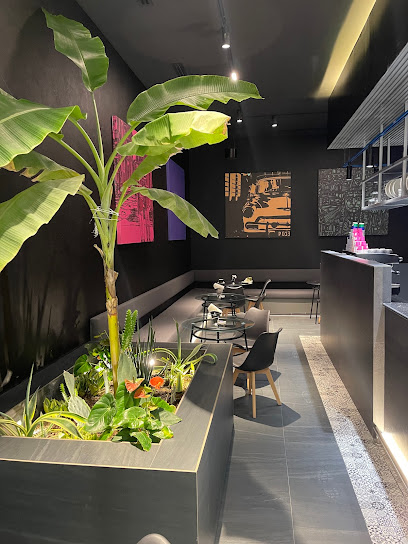
Alsoor Lounge
Discover Alsoor Lounge: Kuwait City's premier destination for exquisite dining and a relaxing atmosphere, perfect for coffee lovers and food enthusiasts alike.
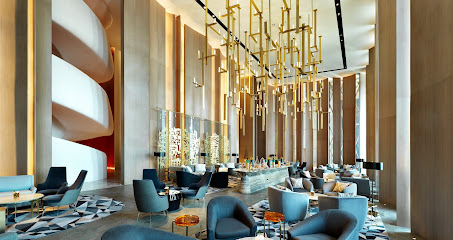
77 Josper Bar
Discover the sizzling flavors of 77 Josper Bar in Kuwait City, where grill mastery meets vibrant atmosphere for an unforgettable dining experience.
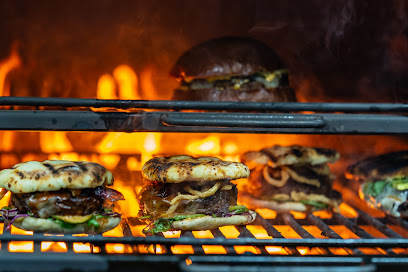
Al Bandar
Discover Al Bandar, a chic bar and restaurant in Kuwait City, serving American classics and refreshing drinks in a vibrant atmosphere.
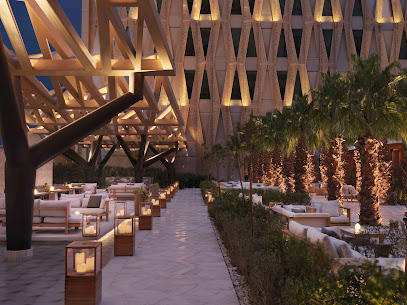
Mr. FLAVOR
Experience the essence of Kuwait City at Mr. FLAVOR, a vibrant bar and juice shop offering refreshing drinks in a lively atmosphere.
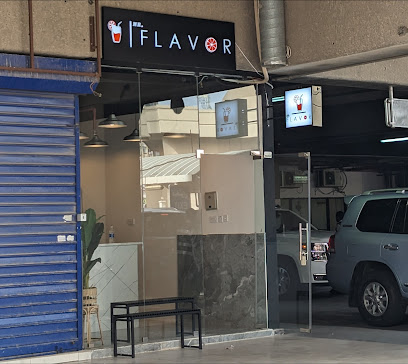
Local Phrases
-
- Helloمرحبا
[marhaba] - Goodbyeوداعا
[wada'an] - Yesنعم
[naam] - Noلا
[laa] - Please/You're welcomeمن فضلك
[min fadlik] - Thank youشكرا
[shukran] - Excuse me/Sorryعذرا
[aathiraa] - How are you?كيف حالك؟
[kaif halak?] - Fine. And you?بخير. وأنت؟
[bikhair. wa ant?] - Do you speak English?هل تتكلم الإنجليزية؟
[hal tatakallam al'inglizia?] - I don't understandأنا لا أفهم
[ana la afham]
- Helloمرحبا
-
- I'd like to see the menu, pleaseأود أن أرى القائمة، من فضلك
[awad an ara alqaima, min fadlik] - I don't eat meatأنا لا آكل لحم
[ana la aakul lah'm] - Cheers!في صحتك!
[fi sahtak!] - I would like to pay, pleaseأريد أن أدفع، من فضلك
[ureed an adfaa, min fadlik]
- I'd like to see the menu, pleaseأود أن أرى القائمة، من فضلك
-
- Help!النجدة!
[alnajda!] - Go away!انصرف!
[insarf!] - Call the Police!اتصل بالشرطة!
[aitasal bialshurta!] - Call a doctor!اتصل بطبيب!
[aitasal bialtabib!] - I'm lostلقد ضللت الطريق
[laqad dalalt altariq] - I'm illأنا مريض
[ana mareed]
- Help!النجدة!
-
- I'd like to buy...أريد أن أشتري...
[ureed an ashtari...] - I'm just lookingأنا فقط أتفرج
[ana faqat atfarruj] - How much is it?كم هذا الثمن؟
[kam hatha althaman?] - That's too expensiveهذا غالي جدا
[hatha ghali jiddan] - Can you lower the price?هل يمكنك خفض السعر؟
[hal yumkinuk khafd alsi'ar?]
- I'd like to buy...أريد أن أشتري...
-
- What time is it?كم الساعة؟
[kam alssa'ah?] - It's one o'clockالساعة الواحدة
[alssa'ah alwahida] - Half past (10)النصف بعد (10)
[alnusf ba'd (10)] - Morningصباح
[sabah] - Afternoonبعد الظهر
[ba'd aldhuhur] - Eveningمساء
[masa] - Yesterdayأمس
[ams] - Todayاليوم
[alyawm] - Tomorrowغدا
[ghadan] - 1واحد
[wahid] - 2اثنان
[ithnan] - 3ثلاثة
[thalatha] - 4أربعة
[arba'a] - 5خمسة
[khamsa] - 6ستة
[sitta] - 7سبعة
[sab'a] - 8ثمانية
[thamania] - 9تسعة
[tisia] - 10عشرة
[ashara]
- What time is it?كم الساعة؟
-
- Where's a/the...?أين...؟
[ayn...?] - What's the address?ما هو العنوان؟
[ma hu ala'naan?] - Can you show me (on the map)?هل يمكنك أن تريني (على الخريطة)؟
[hal yumkinuk an tureeni (ala alkhareeta)?] - When's the next (bus)?متى الحافلة التالية؟
[mata alhafla altaliya?] - A ticket (to ....)تذكرة (إلى ....)
[tadhkira (ila ....)]
- Where's a/the...?أين...؟
History of Kuwait City
-
Kuwait City was founded in the early 18th century by the Bani Utub tribe and quickly became a bustling trading hub due to its strategic location on the Persian Gulf. The city’s early economy was largely based on fishing, pearl diving, and trade, connecting the Arabian Peninsula with India and East Africa.
-
In the late 19th century, Kuwait City fell under the influence of the Ottoman Empire, although it maintained a considerable degree of autonomy. The city’s ruler, Sheikh Mubarak Al-Sabah, forged alliances with the British, which would later play a crucial role in the city’s future.
-
In 1899, Sheikh Mubarak Al-Sabah signed a treaty with the British government, placing Kuwait under British protection. This agreement secured the city from Ottoman and regional threats and paved the way for modernization and the establishment of more structured governance.
-
The discovery of oil in 1938 dramatically transformed Kuwait City. The newfound wealth led to rapid development, including modern infrastructure, healthcare, and education systems. The oil industry attracted a large expatriate workforce, further diversifying the city’s population.
-
Kuwait gained full independence from the United Kingdom on June 19, 1961. Under the leadership of Emir Abdullah Al-Salim Al-Sabah, Kuwait City saw a comprehensive modernization program, including the construction of landmark buildings, roads, and public facilities.
-
On August 2, 1990, Iraq, under the leadership of Saddam Hussein, invaded Kuwait, leading to the Gulf War. Kuwait City was heavily damaged during the conflict. The city was liberated on February 26, 1991, following a coalition-led military intervention. The post-war period saw extensive reconstruction efforts, restoring the city to its former glory.
-
In the 21st century, Kuwait City has experienced a cultural renaissance, characterized by the establishment of various museums, art galleries, and cultural festivals. The city’s landmarks, such as the Kuwait Towers and the Grand Mosque, have become symbols of national pride and heritage.
Kuwait City Essentials
-
Kuwait City is served by Kuwait International Airport (KWI), located around 16 kilometers south of the city center. The airport is well-connected to major cities around the world, with numerous international airlines operating regular flights. Taxis and ride-sharing services are available at the airport to take you to your destination within the city. Alternatively, car rental services are also available at the airport if you prefer to drive yourself.
-
Getting around Kuwait City is relatively straightforward. Taxis are widely available and are the most convenient mode of transportation for tourists. Ride-sharing apps like Uber and Careem are also popular. Public buses operated by the Kuwait Public Transport Company (KPTC) cover various routes within the city and to neighboring areas. If you prefer more flexibility, car rentals are available from numerous agencies. Note that driving is on the right-hand side of the road.
-
The official currency in Kuwait is the Kuwaiti Dinar (KWD). Credit cards are widely accepted in hotels, restaurants, and larger shops, but it's advisable to carry some cash for smaller establishments and markets. ATMs are plentiful throughout Kuwait City, and currency exchange services are available at the airport, banks, and exchange offices. Tipping is not obligatory but is appreciated for good service.
-
Kuwait City is generally safe for tourists, with low crime rates. However, it is always wise to exercise basic precautions. Avoid walking alone at night in unfamiliar areas and keep an eye on your belongings in crowded places. Areas such as Jleeb Al-Shuyoukh are known for higher crime rates, so it is best to avoid visiting these neighborhoods, especially at night. Always stay aware of your surroundings and follow local advice.
-
In case of emergency, dial 112 for immediate assistance, which covers police, fire, and medical emergencies. Kuwait City has several hospitals and clinics that provide high-quality medical care. It is advisable to have travel insurance that covers medical emergencies. Pharmacies are widely available for minor health issues and over-the-counter medications.
-
Fashion: Do dress modestly, covering shoulders and knees, especially when visiting religious sites. Avoid wearing revealing clothing. Religion: Do respect Islamic customs and traditions. Avoid public displays of affection. Public Transport: Do be respectful and courteous to others. Avoid eating or drinking on public transport. Greetings: Do greet people with a handshake; men should wait for women to extend their hand first. Eating & Drinking: Do try local cuisine and accept hospitality. Avoid eating or drinking in public during Ramadan daylight hours.
-
To experience Kuwait City like a local, visit the Souq Al-Mubarakiya, one of the oldest markets in the city, where you can buy traditional goods and fresh produce. Enjoy a stroll along the Arabian Gulf Road, especially in the evening when it is bustling with families and friends. Don't miss the chance to visit the Kuwait Towers for a panoramic view of the city. Engage with locals, as they are often friendly and willing to share insights about their culture and history.
Trending Landmark in Kuwait City
Nearby Cities to Kuwait City
-
Things To Do in Hawalli
-
Things To Do in Salmiya
-
Things To Do in Farwaniya
-
Things To Do in Sabah Al-Salem
-
Things To Do in Jahra
-
Things To Do in Mangaf
-
Things To Do in Ahmadi
-
Things To Do in Fahaheel
-
Things To Do in Basra
-
Things To Do in Amara
-
Things To Do in Al Jubail
-
Things To Do in Dammam
-
Things To Do in Al Khobar
-
Things To Do in Budaiya
-
Things To Do in Saar
















